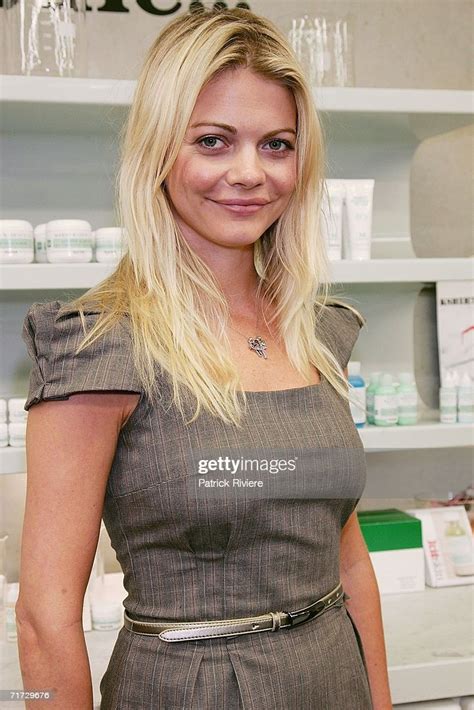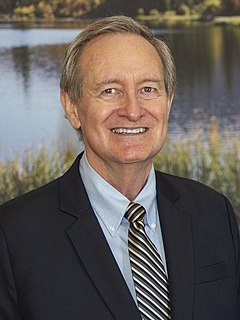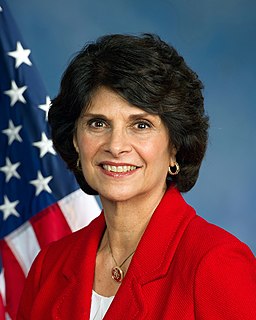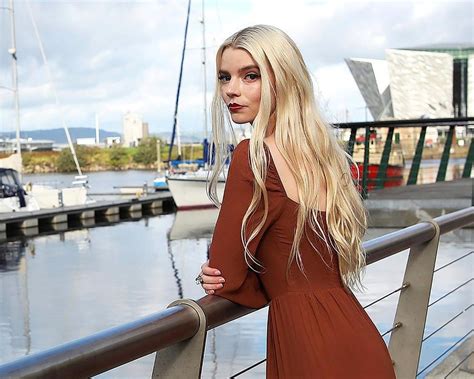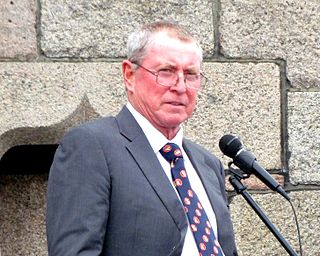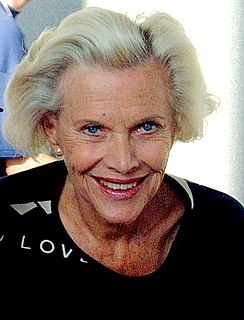A Quote by Angourie Rice
The fantastic thing about 'Jasper Jones' is that although it's set in 1969, the themes are still so topical. We're still struggling with racism and sexism and domestic violence and abuse.
Related Quotes
Although I haven't experienced violence in a relationship, I know that two women every week in England and Wales are killed by their partner or ex-partner, and that unless we act now, many more women will die because of domestic violence. We must speak out now against all forms of domestic violence, not only physical abuse but also the emotional, sexual and financial abuse which means that many women are afraid to be at home with their partner.
One main problem with raising awareness of LGBT abuse is the denial. The term "domestic violence" is perceived as something akin to alcoholism, ("I don't sit on a park bench drinking") and people do not see that they are perpetrating or are a victim of DV because they have a set idea about what it is.
There's obviously instances where I perceive sexism in my job. ... I think that the sort of sexism that I see has been one that's a little bit like a gentler form of sexism, but still a little bit debilitating, which is that when, as a producer and a writer, whether it was at The Office or [at The Mindy Project], if I make a decision, it'll still seem like it's up for debate.
Domestic violence is often ignored as it usually happens behind closed doors and it can seem easier not to get involved. Yet, domestic violence continues to affect 1 in 4 women at some point in their lifetime, regardless of their background, career, race or age, and it is vital that we do something now to protect those directly affected by abuse in the home.
Domestic violence can be so easy for people to ignore, as it often happens without any witnesses and it is sometimes easier not to get involved. Yet, by publicly speaking out against domestic violence, together we can challenge attitudes towards violence in the home and show that domestic violence is a crime and not merely unacceptable.
When I wrote 'The Giver,' it contained no so-called 'bad words.' It was set, after all, in a mythical, futuristic, and Utopian society. Not only was there no poverty, divorce, racism, sexism, pollution, or violence in the world of 'The Giver'; there was also careful attention paid to language: to its fluency, precision, and power.


